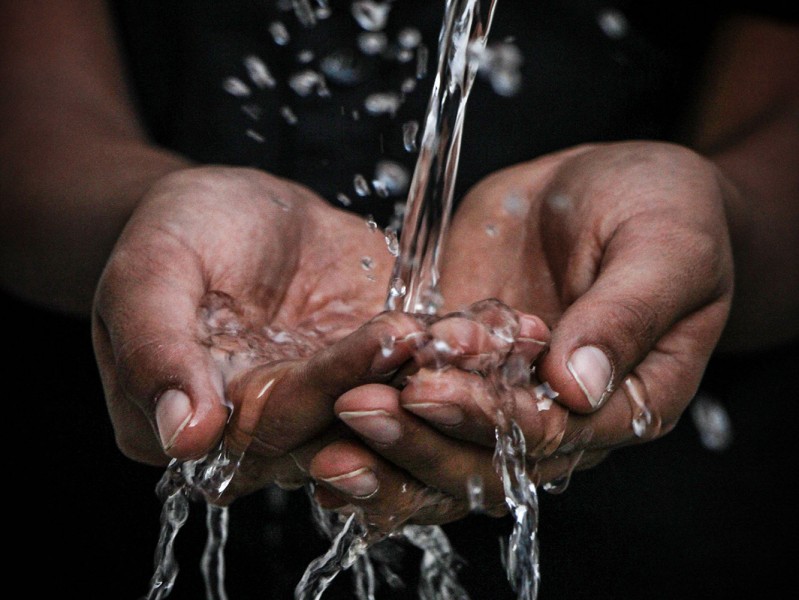Researchers working to purify drinking water in developing countries
Thursday 20 June 2019

Professors Christine Edwards and Linda Lawton from the School of Pharmacy and Life Sciences are developing an easily scalable, bio-based strategy to eliminate the toxins found in Sri Lanka’s drinking water which cause disease in humans and animals. The funding was awarded after they successfully applied a Global Challenges Research Funding (GCRF) call from the Biotechnology and Biological Sciences Research Council (BBSRC).
The pair saw their application ranked top out of 31 projects submitted for funding, and have commenced their work in partnership with the University of Edinburgh and Queen’s University Belfast, along with the Universities of Sri Jayewardenepura and Peradeniya in Sri Lanka.
Professor Edwards explains the need for the project: “We know that the levels of kidney disease in Sri Lanka have been increasing and the country has invested a lot of money in researching water contamination from metals and pesticides, but these have been shown not to be linked to the disease.
“Recent research has pointed to significant concentrations of harmful blue-green algae, otherwise known as cyanobacteria, in the drinking water wells – these concentrations are in excess of World Health Organisation guidelines. These algae produce toxins that have a substantial impact on the quality of drinking water and are responsible for significant chronic diseases which negatively affect animals and humans.
“Our project will establish whether there is a link between the toxins in the well water and the kidney disease. It will also improve the quality of the well water, removing these carcinogenic compounds and making it safe for those who live in the affected regions. We will be working with the National Drainage Company in Sri Lanka to apply this work on a larger scale, allowing us to develop a strategy that may be able to improve the health and environment of other developing countries.”
The GCRF is a £1.5 billion fund announced by the UK Government in late 2015 to support cutting-edge research that addresses the challenges faced by developing countries.
Professors Edwards and Lawton have recently been awarded fellowships from the University of Sri Jayewardenepura, in honour of their ongoing work in Sri Lanka and their support for upgrading the country’s scientific research standards.
The pair’s expertise in biotechnology also saw them secure further funding for a number of high-impact projects in the past year. This includes approximately £1.2m towards the development of a rapid field test to help shellfish growers protect public health by detecting and eliminating harmful toxins directly onsite. The pair believe this work will underpin new approaches to food and water safety well beyond the project.
Professor Lawton said: “Water is essential to all life on earth, however there is surprisingly little suitable for human use. Together with our partners at institutions, organisations and governments across the world, it is vital that we properly utilise this valuable resource.
“It has been particularly pleasing to see RGU’s world-leading role in biotechnology grow over the years and I hope we can continue to make a difference and deliver health solutions for communities across the globe.”
